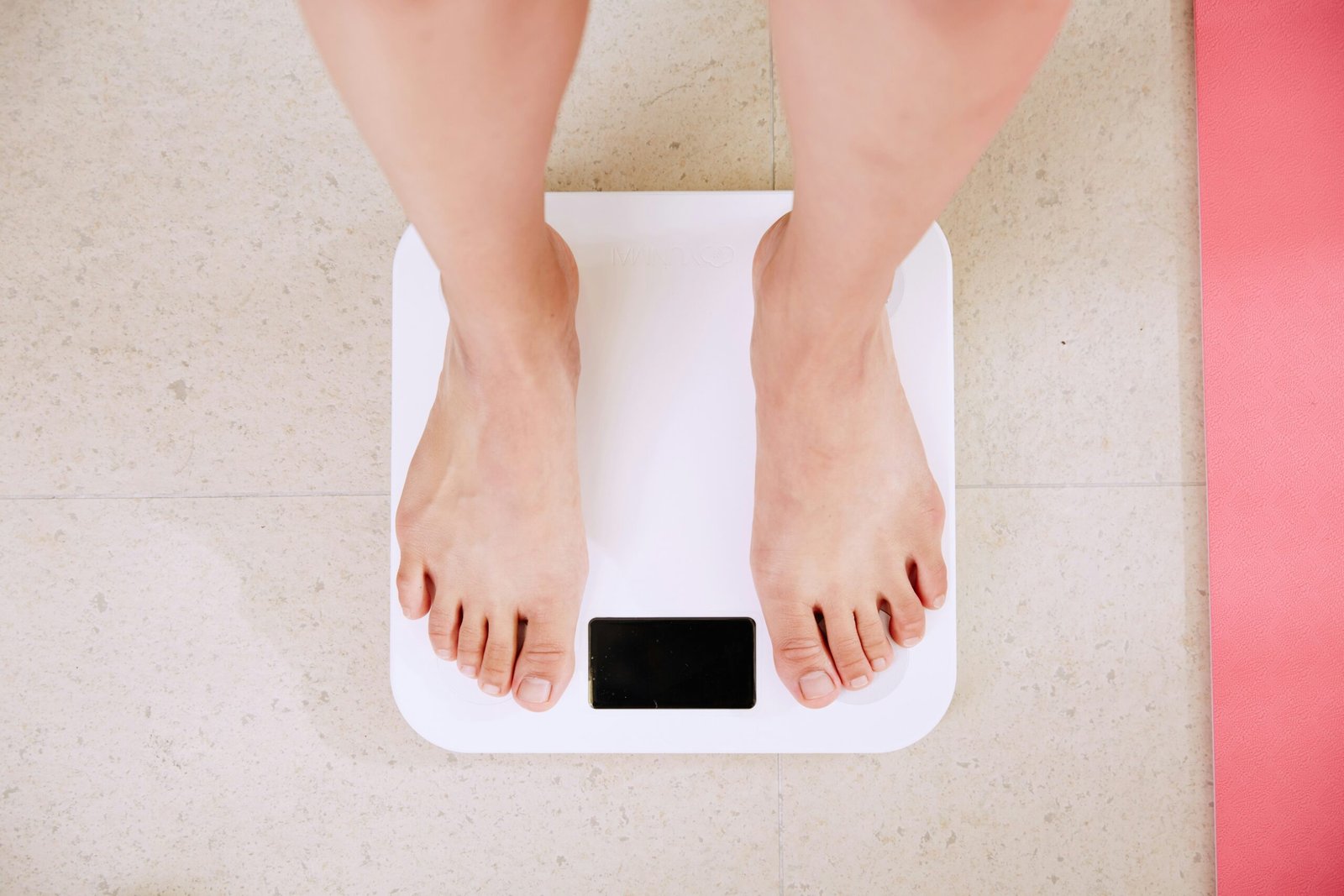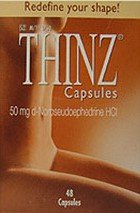Why use Caffeine in Weight Loss Products
When it comes to weight loss products, one ingredient that seems to pop up time and time again is caffeine. Whether it’s in the form of pills, powders, or drinks, caffeine is a staple in the weight loss industry. But why exactly is caffeine such a popular ingredient in these products? Let’s delve into the science and psychology behind the widespread use of caffeine in weight loss supplements.
The Role of Caffeine in Weight Loss
Caffeine is a natural stimulant that is commonly found in coffee, tea, and various other beverages. It works by stimulating the central nervous system, which can lead to a temporary increase in energy levels and alertness. But how does this relate to weight loss?
One of the key reasons why caffeine is included in weight loss products is its ability to boost metabolism and enhance fat oxidation. Studies have shown that caffeine can increase metabolic rate, which in turn can help the body burn more calories. Additionally, caffeine has been found to improve exercise performance, allowing individuals to push harder during workouts and potentially burn more fat.
The Appetite-Suppressing Effect of Caffeine
Another factor that contributes to the popularity of caffeine in weight loss products is its potential to suppress appetite. Research suggests that caffeine may help reduce feelings of hunger, leading to a lower calorie intake throughout the day. By curbing cravings and reducing the desire to snack, caffeine can indirectly support weight loss efforts by promoting a caloric deficit.
Furthermore, the stimulating effects of caffeine can contribute to increased mental focus and alertness, which may make it easier for individuals to adhere to their diet and exercise regimens. This combination of appetite suppression and heightened focus can be advantageous for those striving to achieve weight loss goals.
The Psychological Impact of Caffeine
In addition to its physiological effects, caffeine also has a psychological impact that makes it appealing in the context of weight loss. Many people rely on caffeine to kick-start their day and combat feelings of fatigue. When incorporated into weight loss products, caffeine can provide an added sense of energy and motivation, which can be particularly beneficial for individuals who are following a calorie-restricted diet and may experience occasional dips in energy levels.
Moreover, the association between caffeine and increased alertness can create a perception of enhanced physical and mental performance. This can be a powerful motivator for individuals engaged in weight loss endeavors, as it fosters a sense of empowerment and drive to stay active and dedicated to their fitness journey.
Considerations and Precautions
While caffeine offers several potential benefits for weight loss, it’s important to approach its use with caution. Excessive consumption of caffeine can lead to adverse effects such as jitteriness, insomnia, increased heart rate, and anxiety. Furthermore, individuals with certain medical conditions or sensitivities to caffeine should consult with a healthcare professional before using products that contain this stimulant.
It’s also crucial to recognize that while caffeine can support weight loss efforts, it is not a magic solution. Sustainable weight management involves a holistic approach that encompasses a balanced diet, regular physical activity, and healthy lifestyle habits. Relying solely on caffeine or any single ingredient is unlikely to yield long-term success.
In Conclusion
Caffeine’s widespread presence in weight loss products can be attributed to its potential to elevate metabolism, reduce appetite, and provide a psychological boost. However, it’s essential for individuals to approach the use of caffeine with mindfulness and moderation, while acknowledging that it is just one piece of the larger puzzle when it comes to achieving and maintaining a healthy weight. As with any dietary supplement, consulting with a healthcare provider is advisable to ensure that caffeine intake aligns with individual health goals and considerations.






